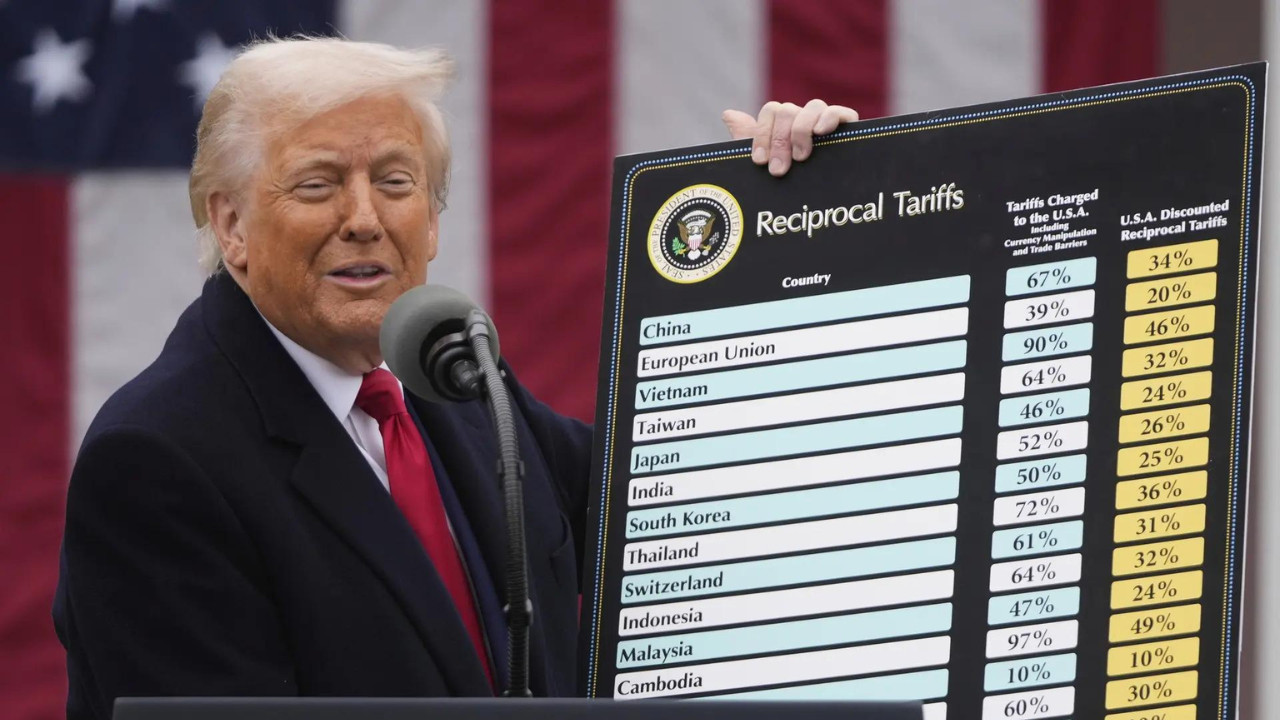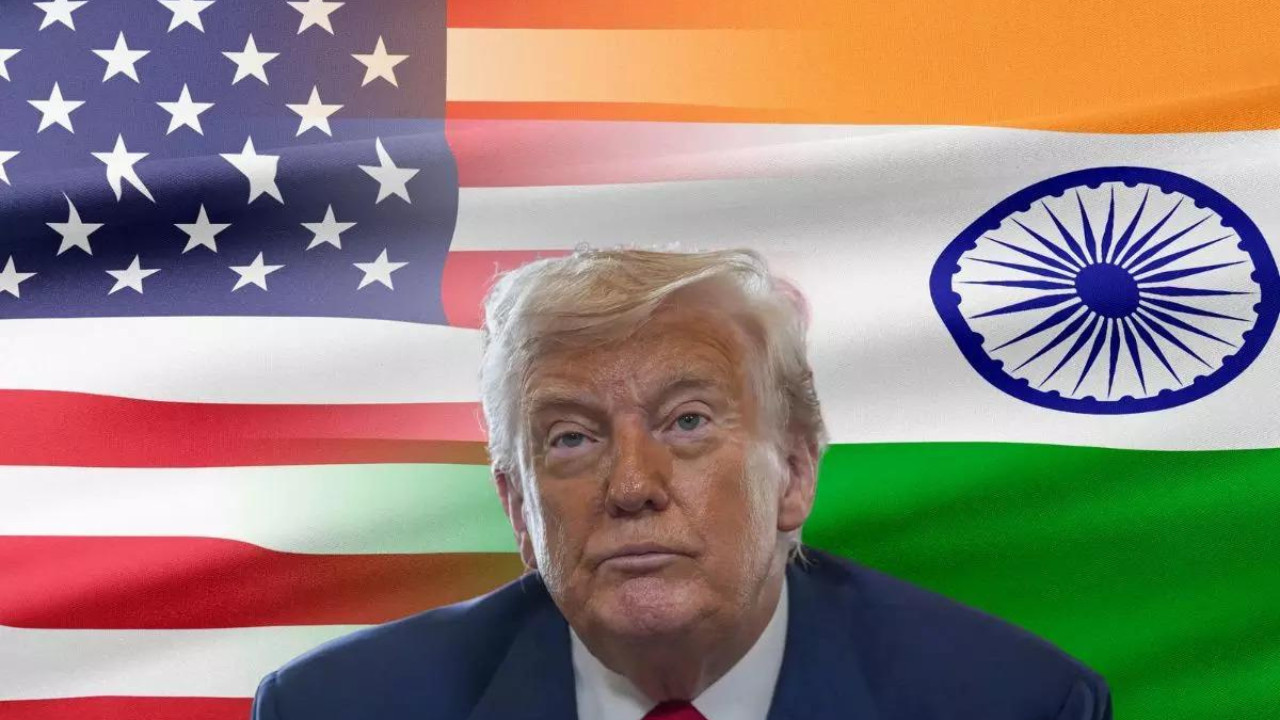Navigating the Energy Maze: India’s Oil Strategy Under Scrutiny
The rumor mill has been churning, whispering of a potential shift in India’s oil procurement strategy, specifically involving Russian crude. Recent reports suggested that the government had subtly nudged oil companies to diversify their sources, easing their reliance on Russian oil. However, the Ministry of Petroleum and Natural Gas has firmly refuted these claims, leaving many wondering: what’s really happening with India’s energy chessboard?
The initial reports painted a picture of government discomfort. The suggestion was that India, while maintaining its sovereign right to choose its trading partners, was becoming increasingly sensitive to international pressure. This pressure, fueled by concerns over Russia’s actions in Ukraine, allegedly translated into unspoken recommendations for oil companies to explore alternative sourcing options.
But the government’s denial throws a wrench in that narrative. In a strongly worded statement, the Ministry clarified that no such directive or advisory had been issued. Oil companies, they asserted, are free to make their own commercial decisions regarding oil procurement, based on market dynamics and their own strategic assessments.
This leaves us with a crucial question: if not pressure from above, what is driving the decisions of Indian oil companies? The answer, likely, lies in a complex interplay of economic factors, geopolitical considerations, and the ever-present need to secure a stable and affordable energy supply for a rapidly growing nation.
The Allure (and Risks) of Russian Oil
For India, Russian oil has been a lifeline. Since the conflict in Ukraine began, discounted Russian crude has provided a critical buffer against volatile global energy prices. This allowed India to continue fueling its economic engine without facing crippling import costs. It’s undeniable that Russian oil has played a significant role in keeping inflation at bay and supporting India’s economic growth trajectory.
However, relying heavily on a single source carries inherent risks. Geopolitical instability, logistical challenges, and even potential secondary sanctions are all factors that Indian oil companies must consider. Diversification, therefore, isn’t necessarily a directive from the government, but a prudent risk management strategy that any responsible energy company would pursue.

Beyond Russia: Exploring Diverse Energy Sources
Even without explicit government pressure, the pursuit of energy security naturally leads to diversification. Indian oil companies are actively exploring opportunities in the Middle East, Africa, and even the Americas. Long-term contracts, strategic partnerships, and investments in overseas oilfields are all part of a broader strategy to ensure a stable and diversified supply.
The challenge lies in balancing affordability with security of supply. Russian oil, with its attractive discounts, has been a tempting option. However, diversifying the energy security portfolio minimizes risks associated with over-reliance on a single, potentially volatile, source.
Internal Link Example: Learn more about India’s renewable energy goals.
Deciphering India’s Energy Strategy: A Balancing Act
So, where does this leave us? It seems the government is maintaining a hands-off approach, allowing market forces and strategic considerations to guide the decisions of oil companies. The availability of discounted Russian oil has undoubtedly been a boon, but it’s not the sole determinant of India’s long-term energy strategy. The overarching goal remains energy security at an affordable cost, and diversification is a key element in achieving that goal.
The situation is dynamic, influenced by global politics, economic realities, and the evolving needs of a nation on the rise. While the rumors of explicit government directives have been dispelled, the underlying pressures and incentives remain. India’s energy strategy will continue to be a complex balancing act, navigated with careful consideration of all these factors.
Ultimately, India’s future energy choices will significantly impact not only its own economy but also the global energy landscape. By prioritizing diversification and maintaining a pragmatic approach, India can ensure its long-term energy security and contribute to a more stable and sustainable global energy market.







